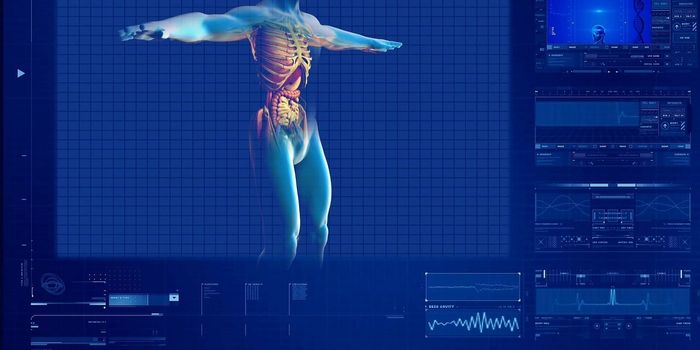Can a Myeloid Marker Be Helpful in B-cell Neoplasm Diagnostic Testing?
Diagnostic testing for hematologic and other cancers has been a traditional method of evaluating, diagnosing, and providing prognostic information to providers choosing treatment and options for oncology patients. Molecular diagnostics, in particular, have jumped to the forefront of diagnostic testing to provide not only a diagnosis, but to also evaluate the biomarkers present in particular groups of cells; biomarker identification predicts disease behavior, helps in selection of therapeutic treatment targets and options, assists in stratification of disease, and provides a personalized medicine approach.
Immunophenotyping has become an invaluable diagnostic tool used by clinicians and hematopathologists to fit cancers into appropriate subgroups based on the biomarkers present on tumor involved cell lines.
There are a multitude of B-cell neoplasms including multiple myeloma, chronic lymphocytic leukemia, small lymphocytic leukemia, diffuse large B-cell lymphoma, follicular lymphoma, Burkitt’s lymphoma, Mantle cell lymphoma, and others. In these cases, because they are lymphoid in origin, it is unexpected to find myeloid markers, however, researchers at Stanford and Oregon Health Sciences in Portland found that CD13, a myeloid marker, is expressed in a subset of lymphomas which can be helpful in differentiating between B-cell neoplasms in the clinical setting.
The group published their findings in the International Journal of Laboratory Hematology, which outlined their analysis of 286 mature B-cell neoplasms after immunophenotyping was completed. CD13 expression was found in cases of lymphoplasmacytic lymphoma (LPL) (61.5% of cases) and FMC7-positive chronic lymphocytic leukemia (CLL) and small lymphocytic lymphoma (SLL) (37% of cases). Notably, there were no cases of follicular lymphoma that expressed CD13.
The group concluded that CD13 expression is usually present in LPL and FMC7-positive CLL or SLL and is not found in FL. Historically, CD13 has not been used to characterize B-cell neoplasm subtypes but could be a useful diagnostic means to aid in neoplasm subtyping and furthering B-cell neoplasm therapeutic targeting.
Sources: International Journal of Laboratory Hematology, Archives of Pathology & Laboratory Medicine, Clinics in Oncology , Modern Pathology









